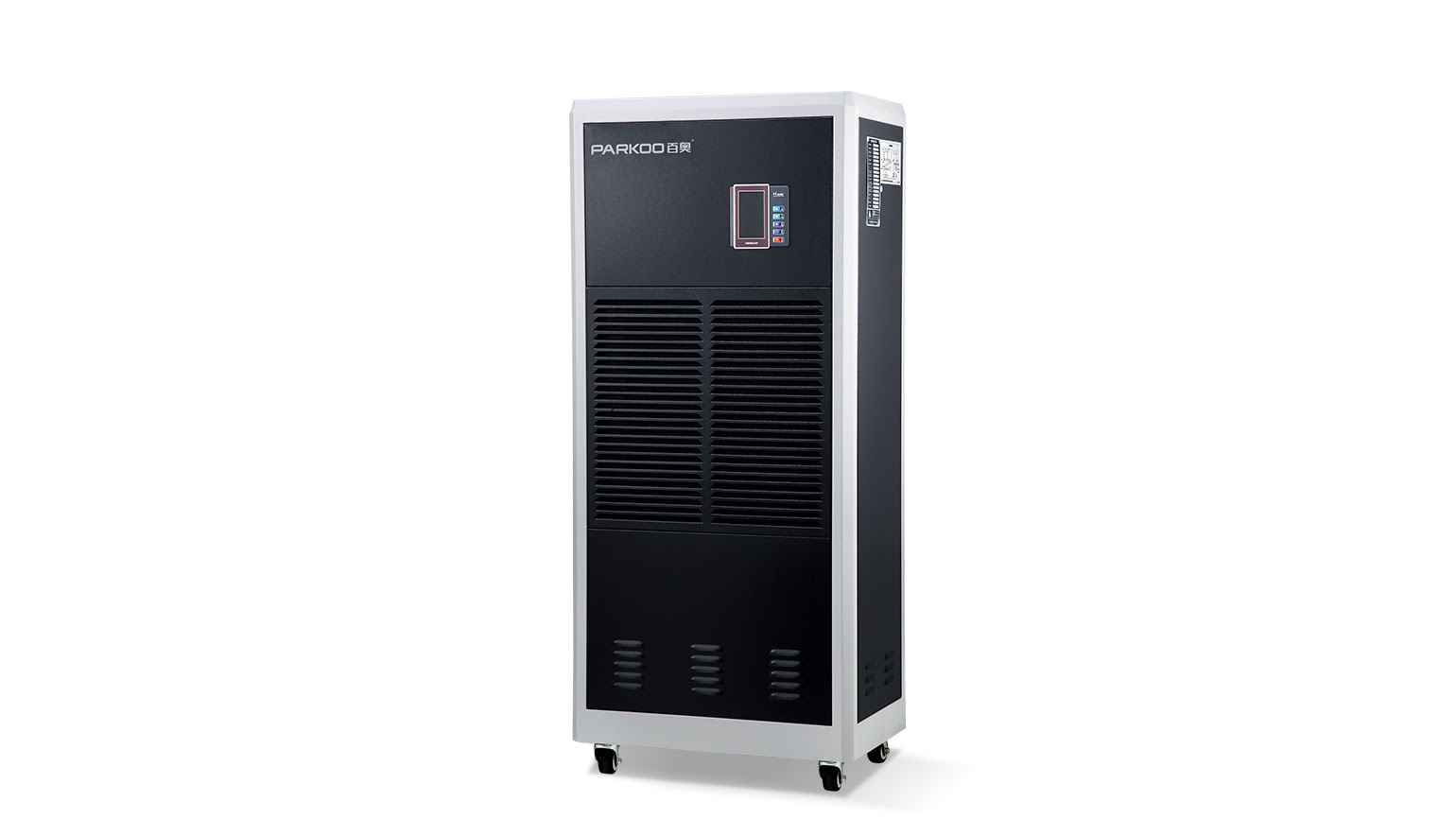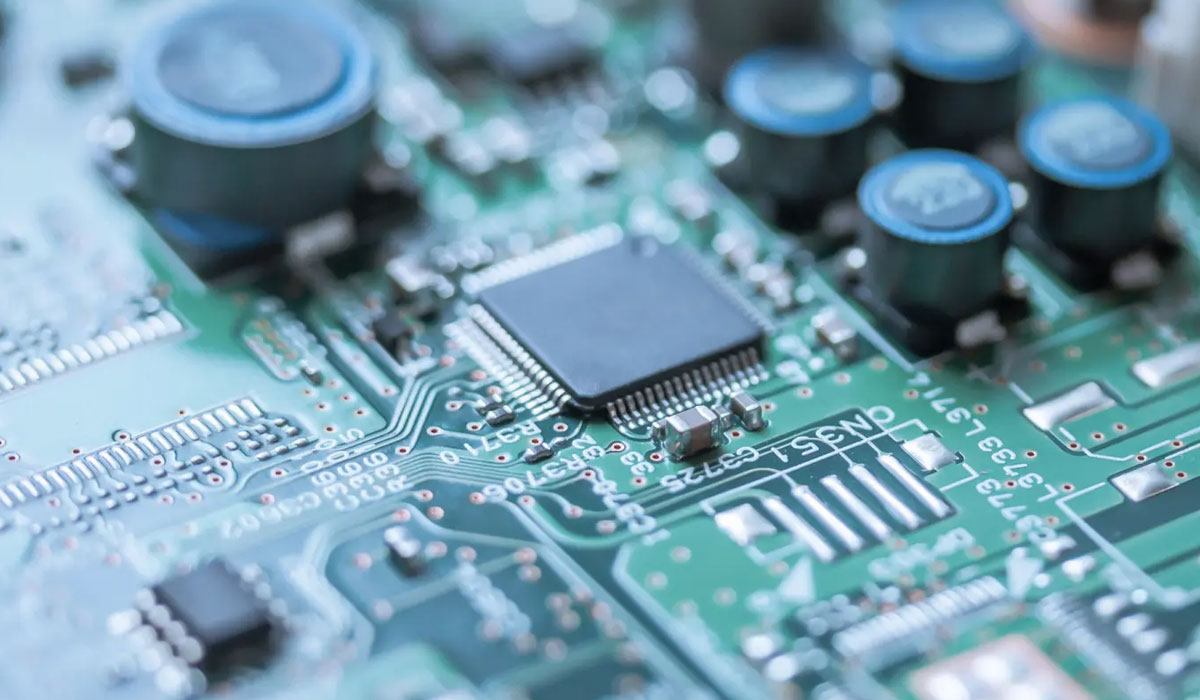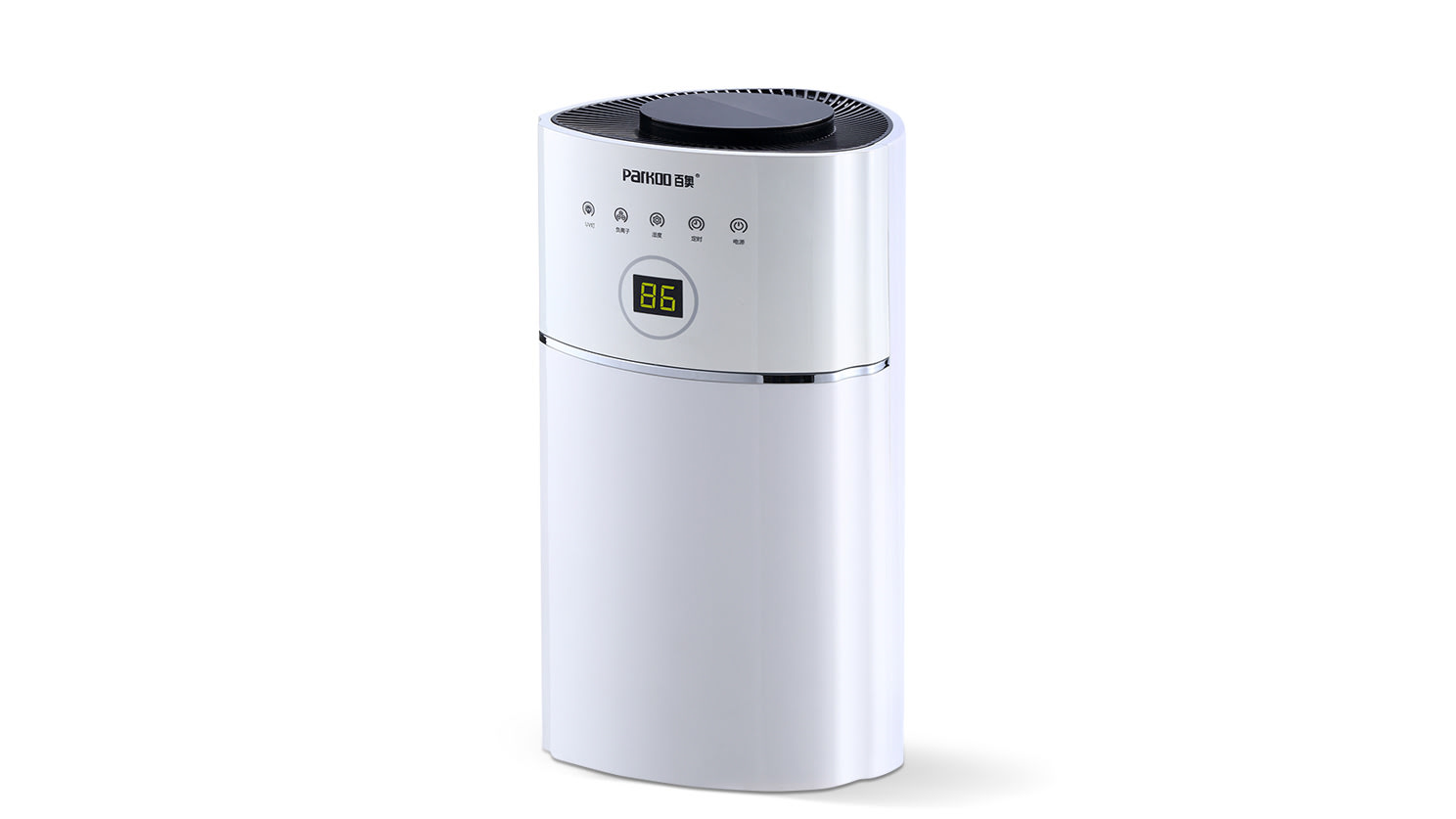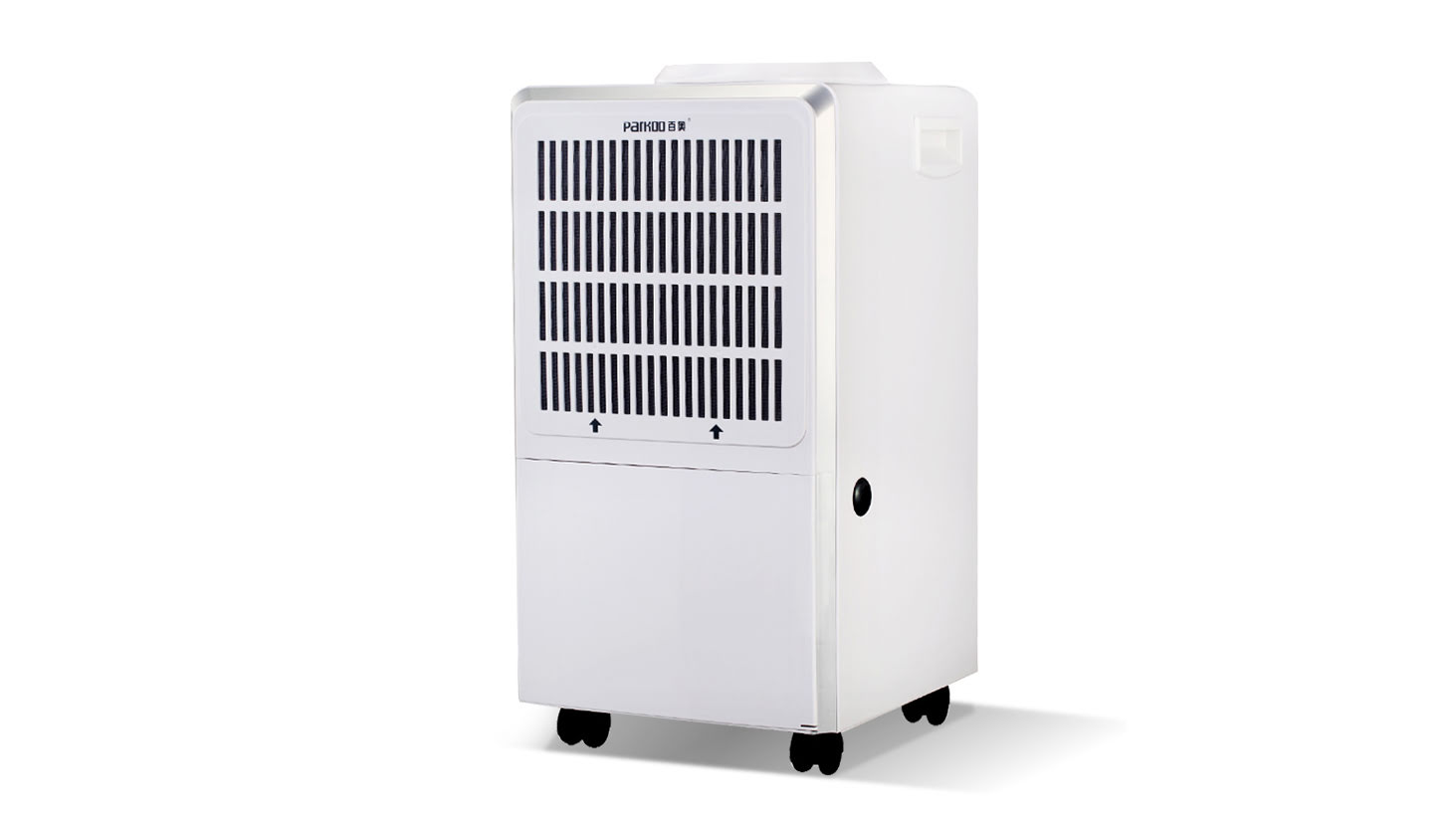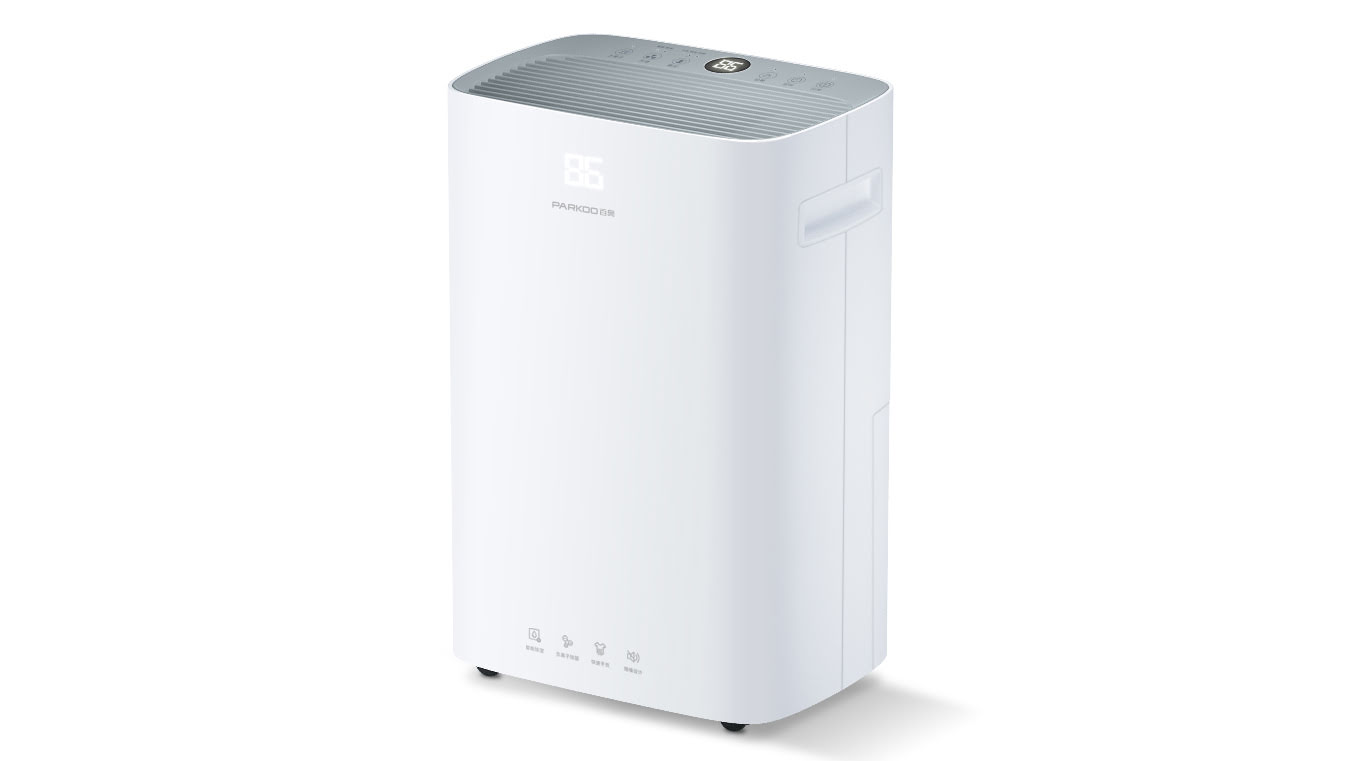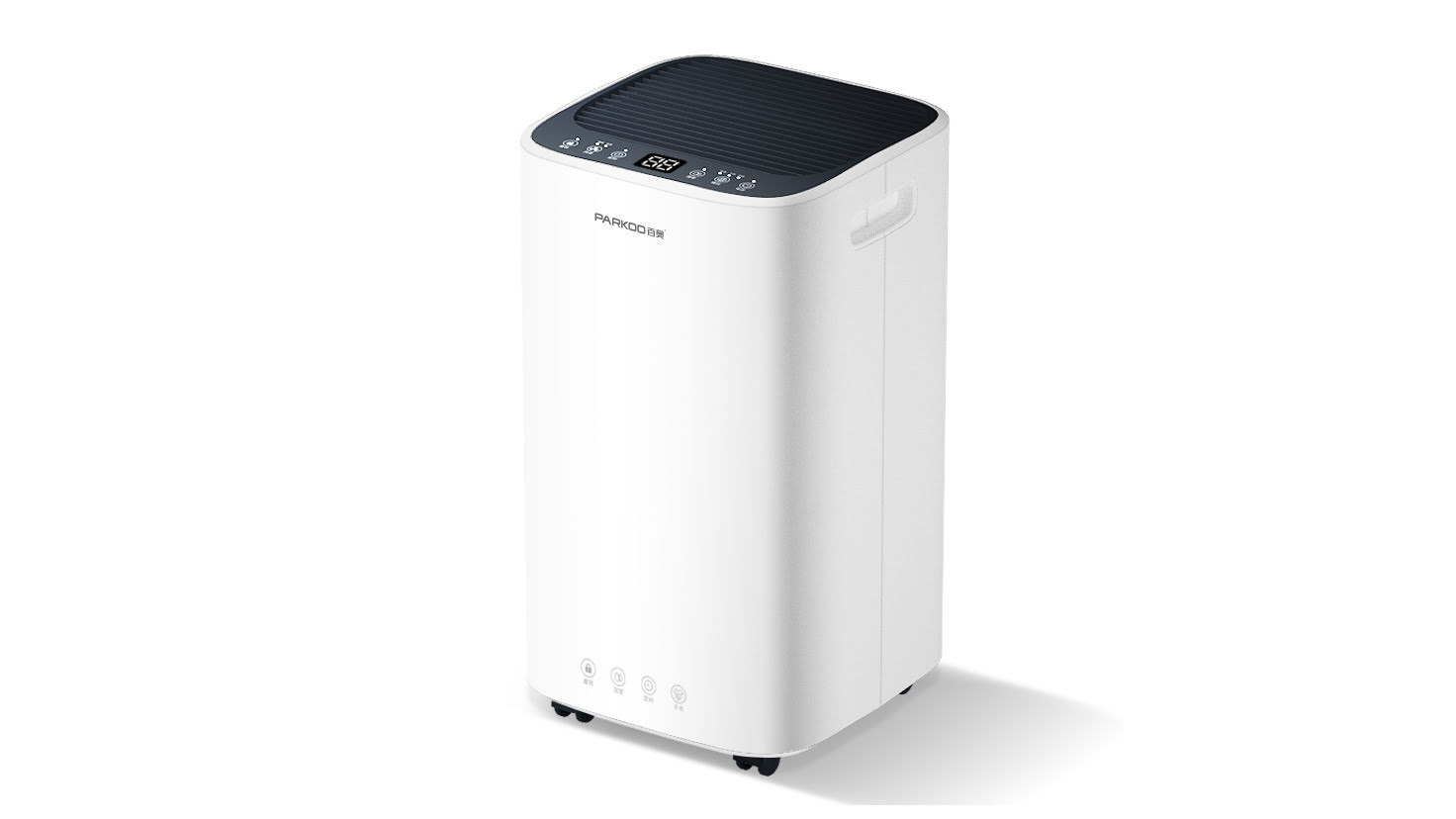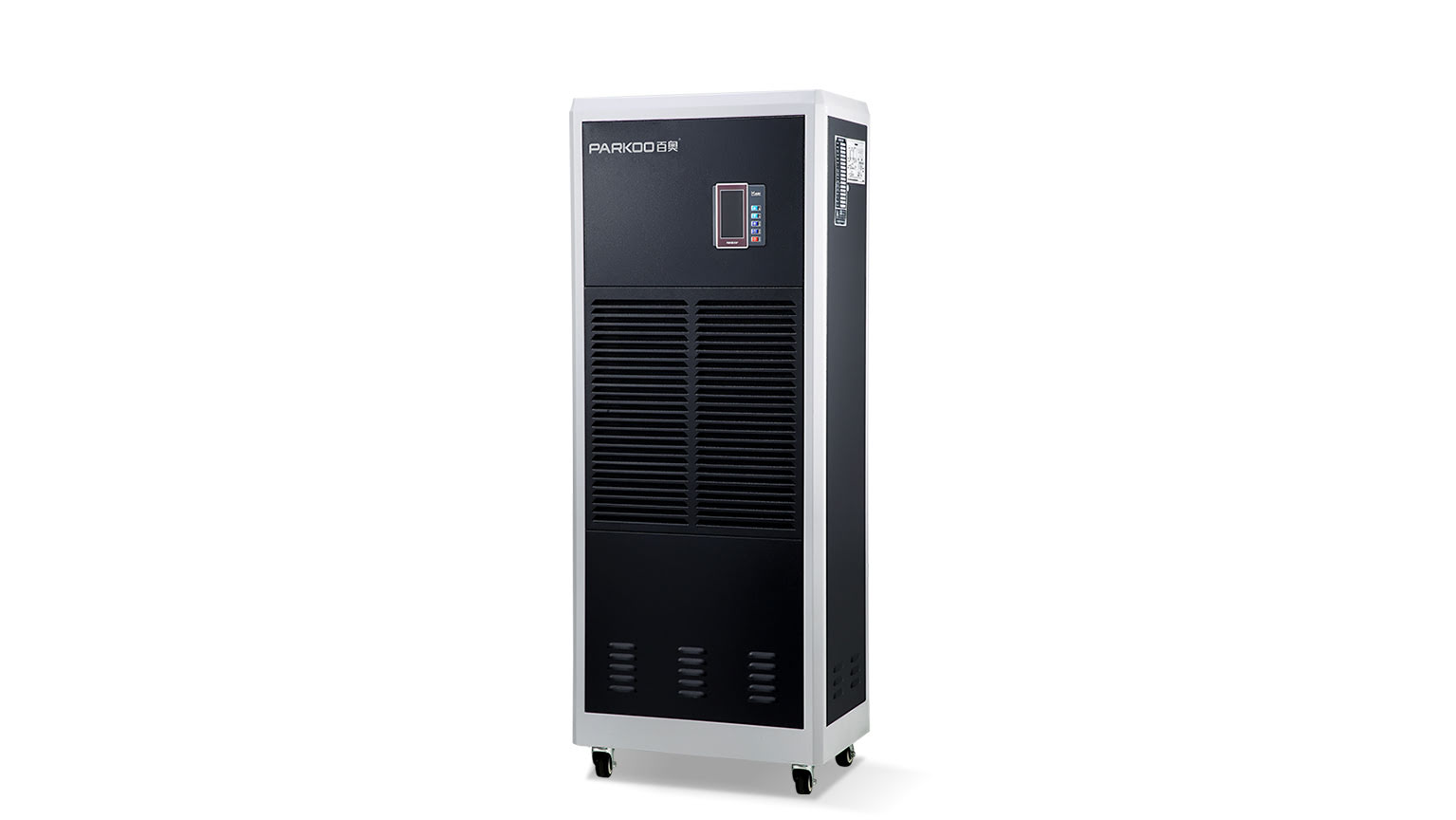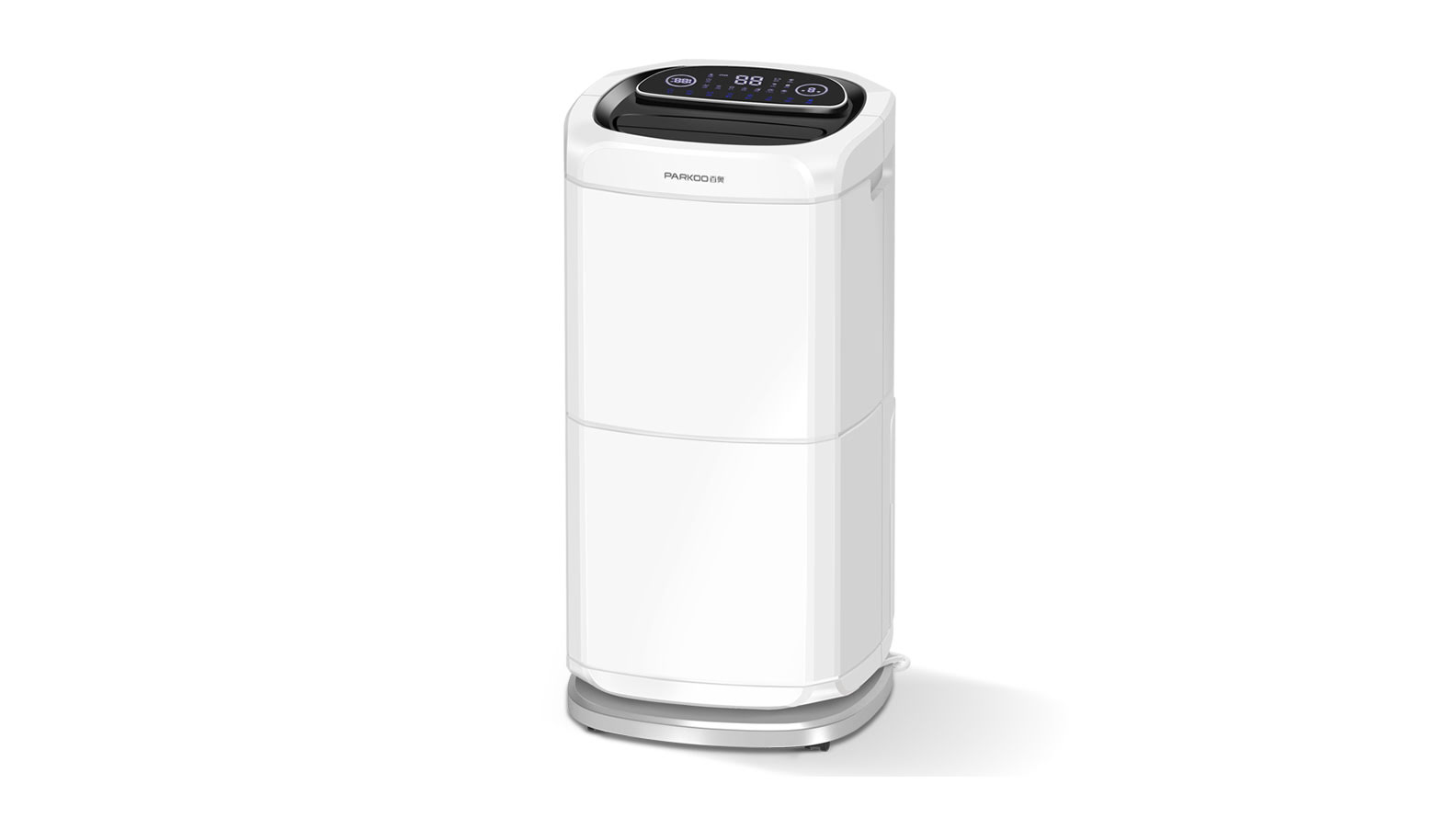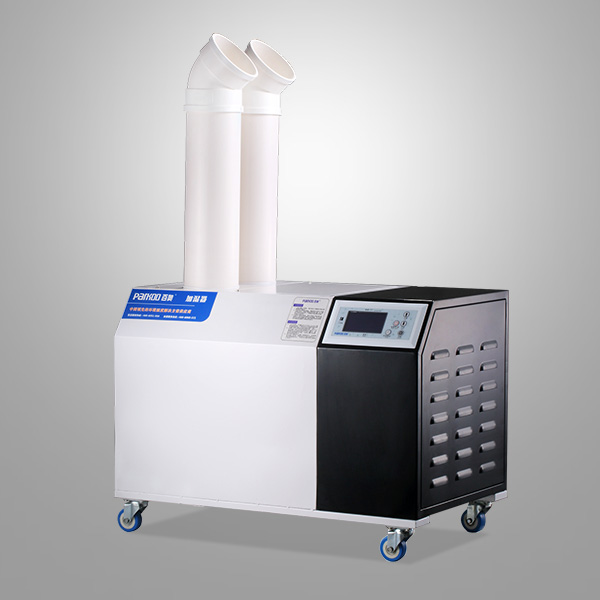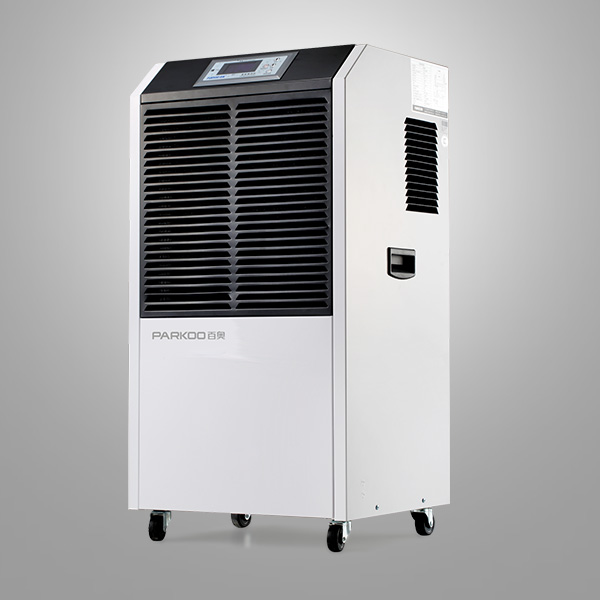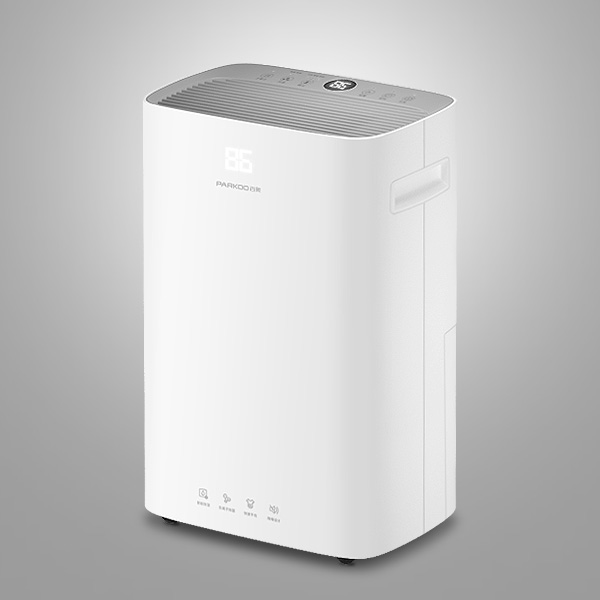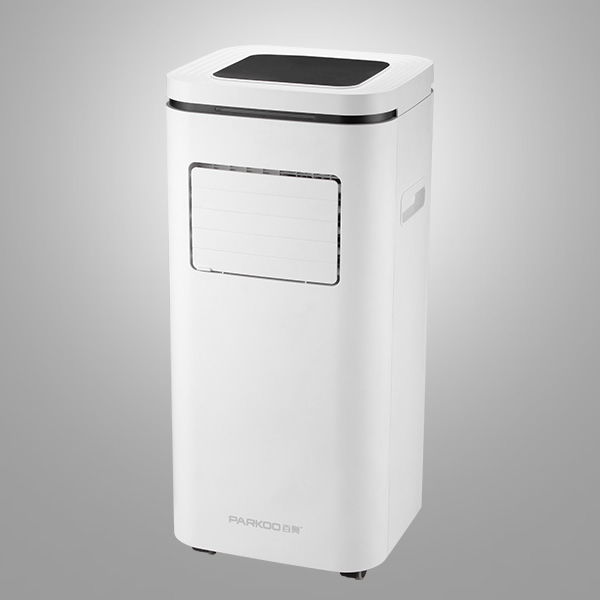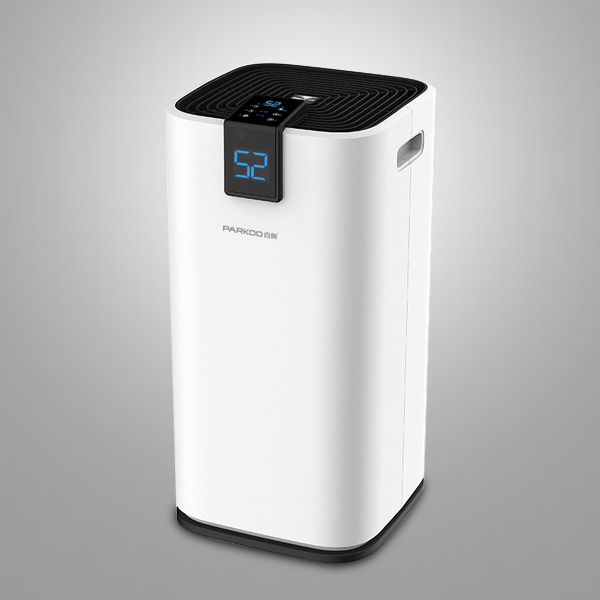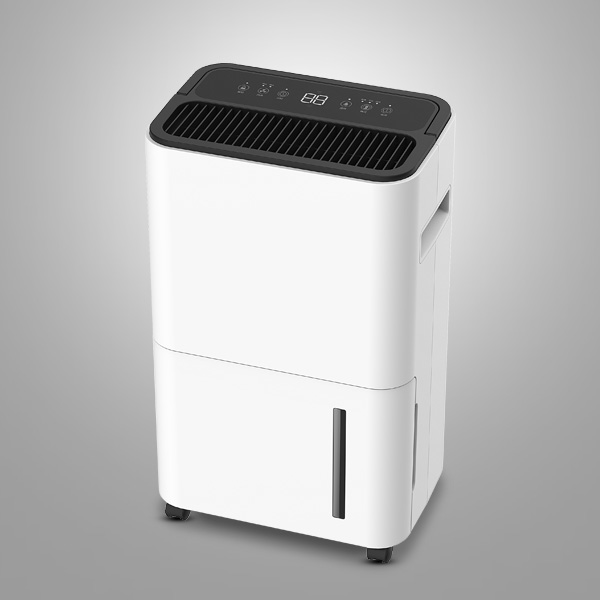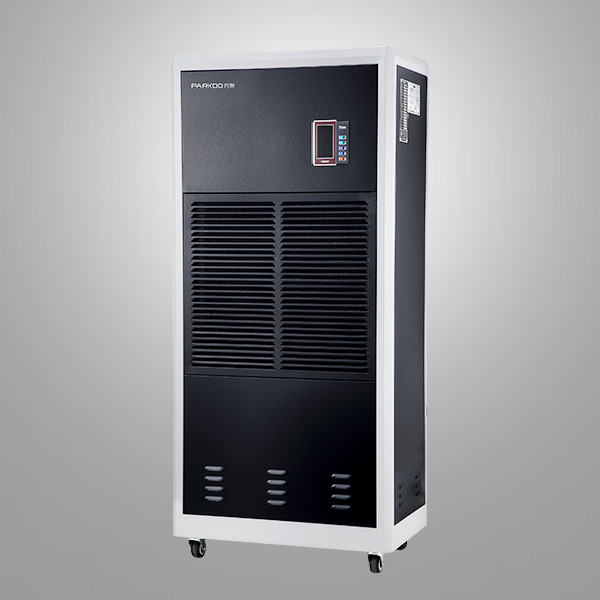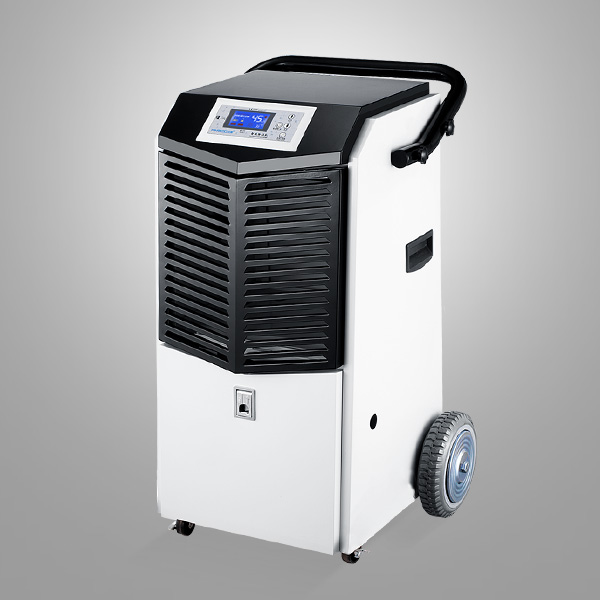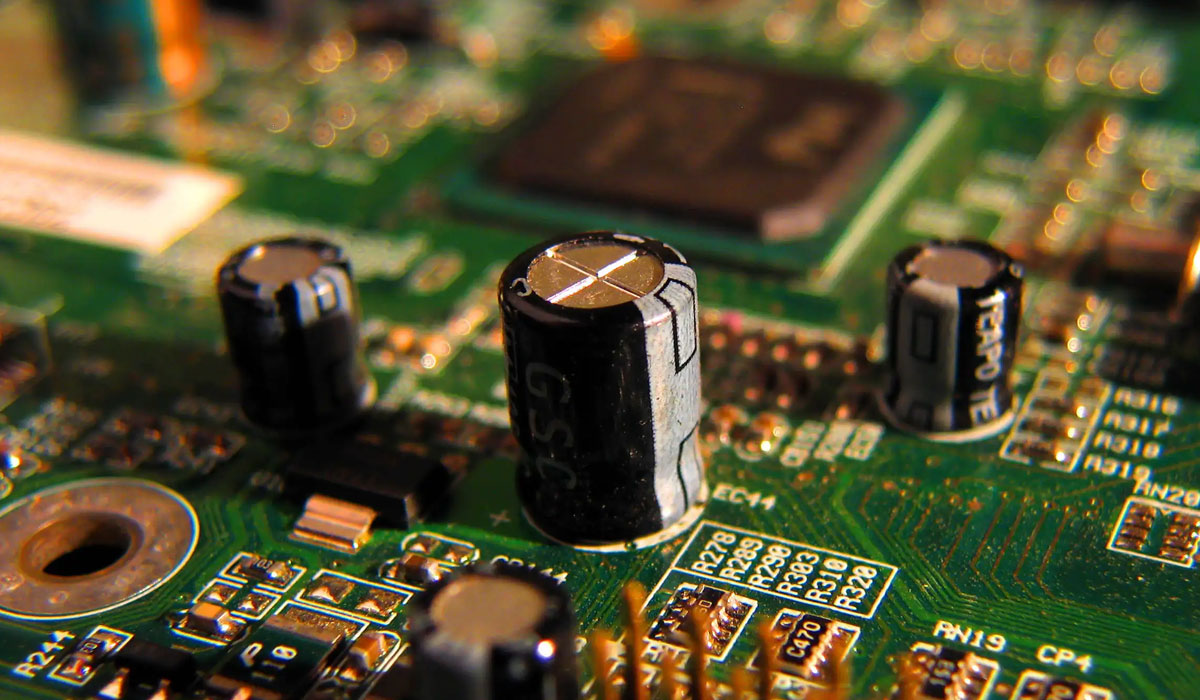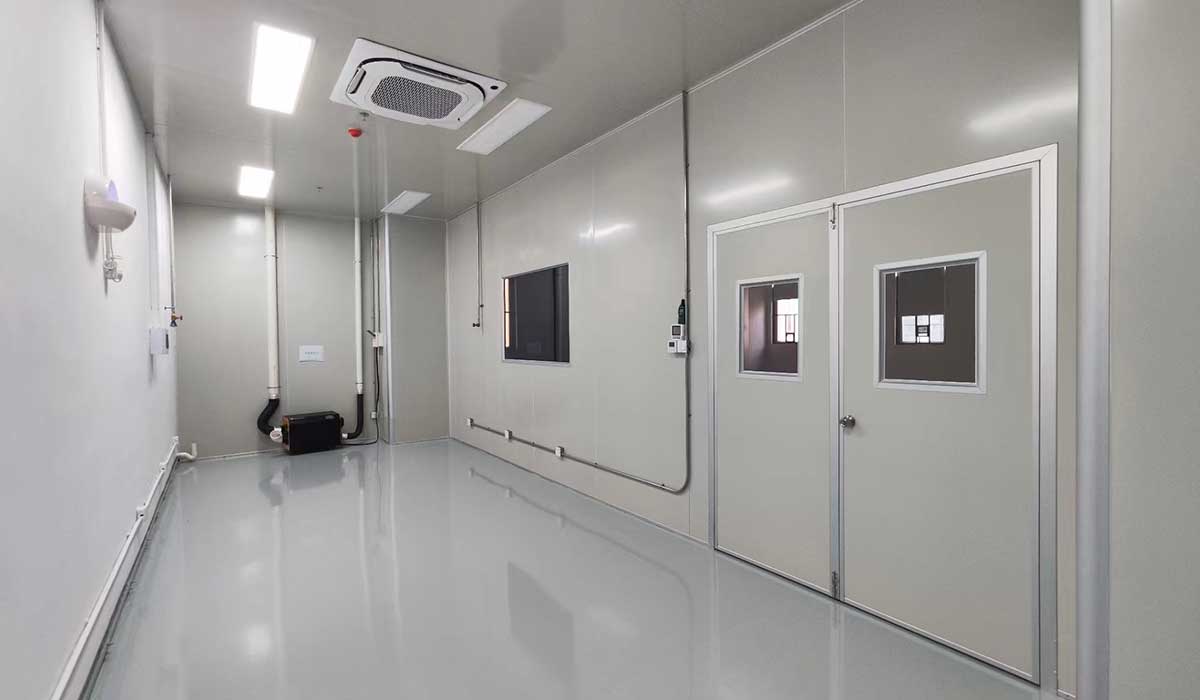Moisture problems in instrument landing systems
Today, airports are expanding and becoming more crowded. Air passenger traffic and aircraft landings and takeoffs are rapidly increasing. Thanks to technological upgrades in communications and air navigation systems, pilots can now land and take off airplanes safely, even in demanding conditions with limited visibility, such as fog, rain and blowing snow.
With the advancement of technology, today the Instrument Landing System (ILS) has become the most important element in communications and air navigation.
Dry air no longer signals fluctuations
Frequently encountered problems in communications and air navigation systems
The instrument used in the communication process is installed in the room. The instruments contain sensors and microchips that are sensitive to humidity. When these sensors and microchips are exposed to moisture, they immediately impede the functioning of the instrument, thereby jeopardizing the safety of passengers and property.
When external factors such as temperature and humidity come into play. The signals transmitted by the instruments are often inaccurate. These agents may form corrosion on the sensor and microchip surfaces, hindering the operation of the instrument, and often, in this case, inaccurate transmittance is observed. In order to provide accurate guidance to the aircraft, it is highly recommended that the temperature and humidity levels of the ambient room in which the instrument is installed be controlled.
dehumidifier Solutions
The solution lies in dehumidifying the instrument room. In order to transmit accurate radio signals, it is necessary to control or eliminate these external factors as much as possible.
The recommendation is to install industrial dehumidifiers, as they are able to maintain the required humidity levels for optimum performance, independent of external conditions.
Desiccant dehumidification, together with air conditioning, provides the humidity and temperature parameters required for instrument landing systems.
vantage
No instrument failures or malfunctions
No corrosion of microchips
Save lives and avoid accidents
